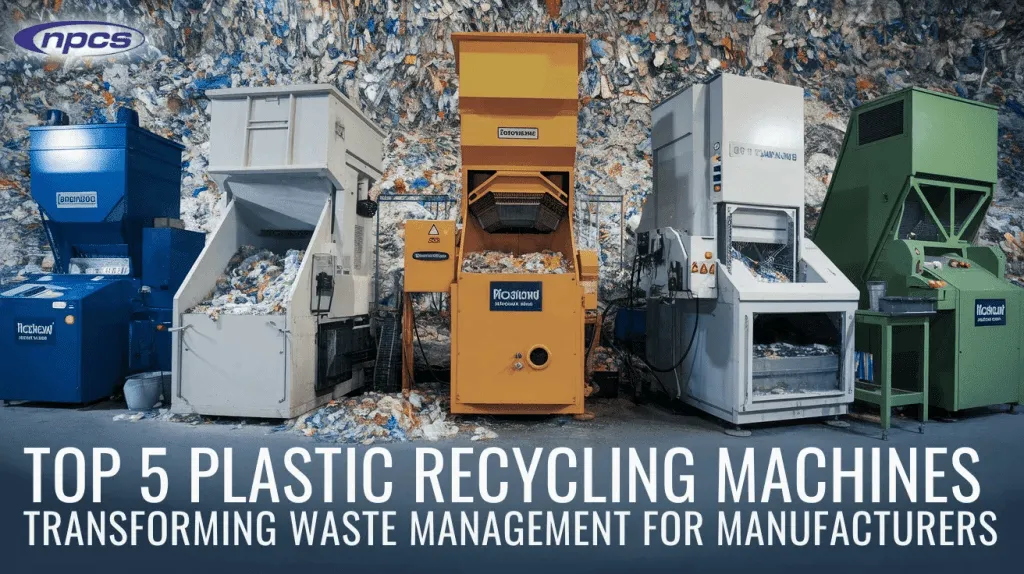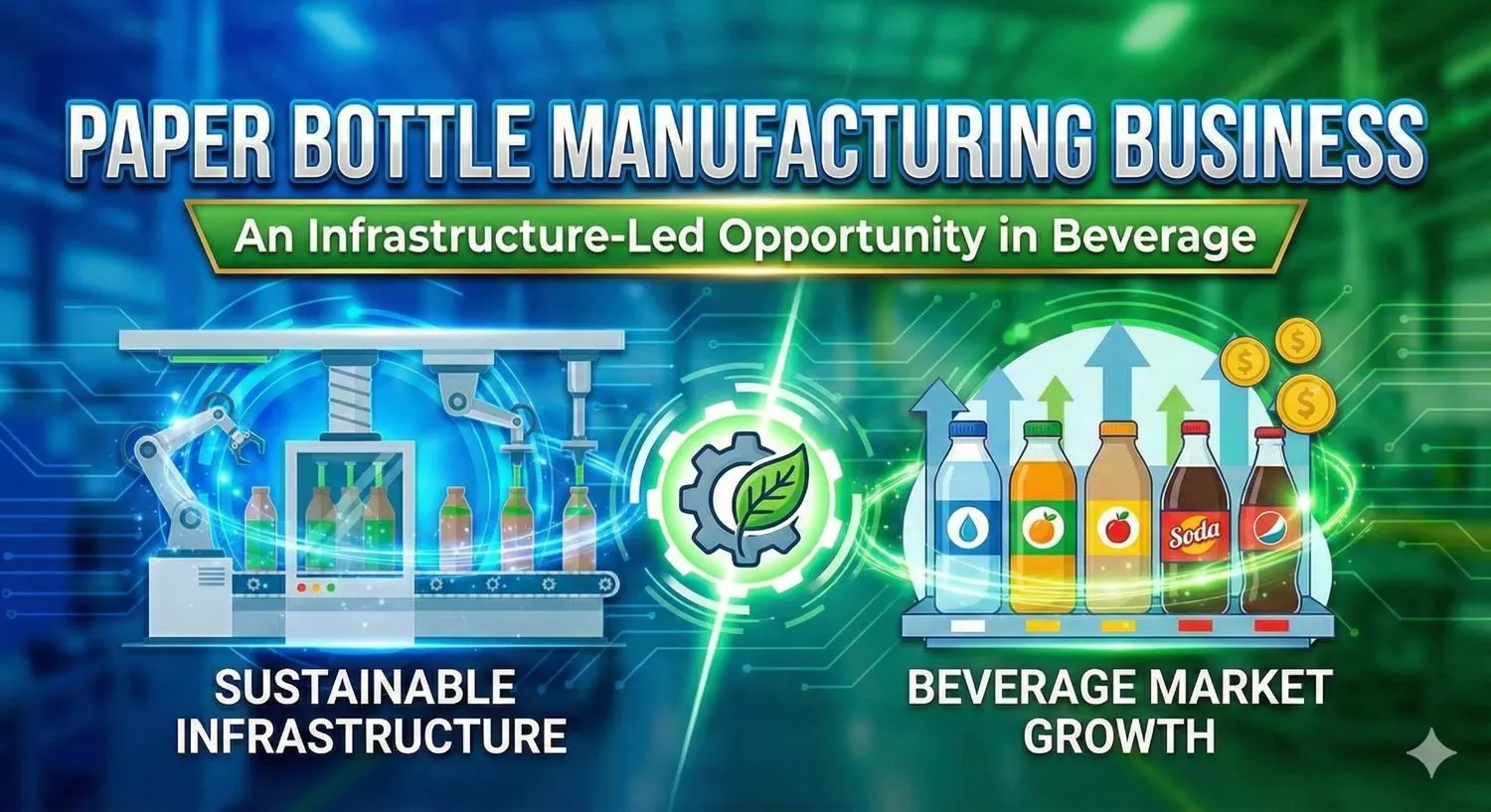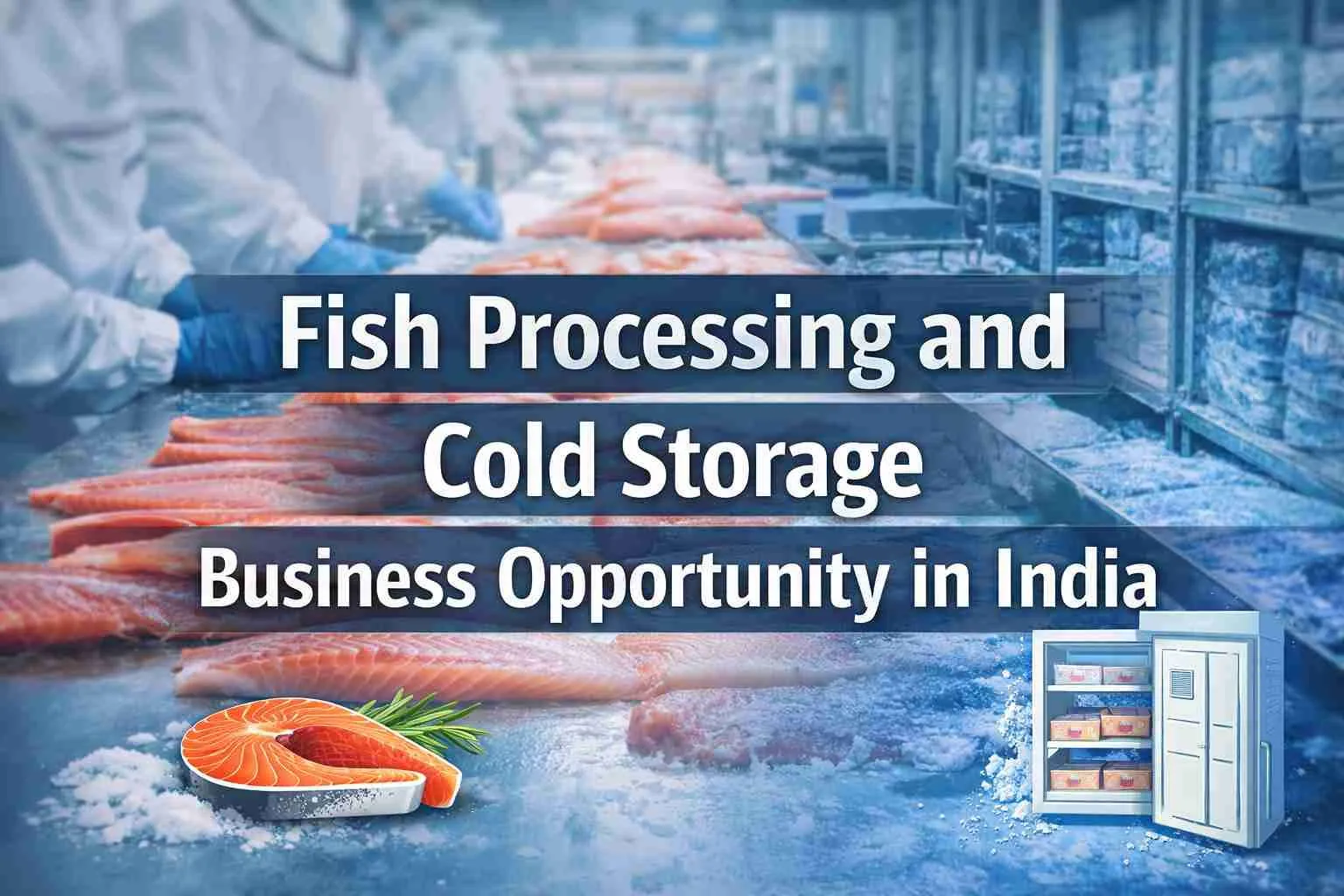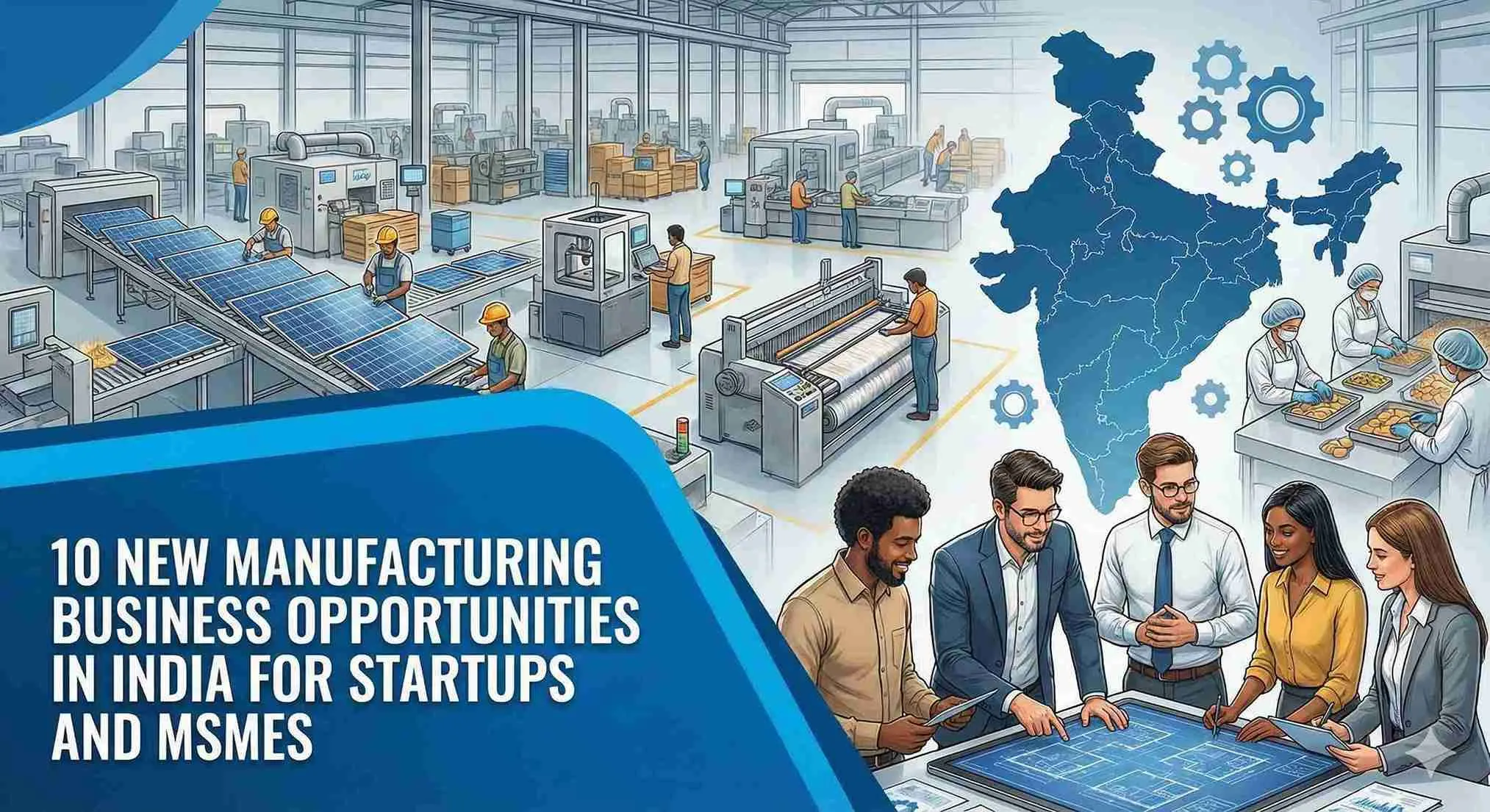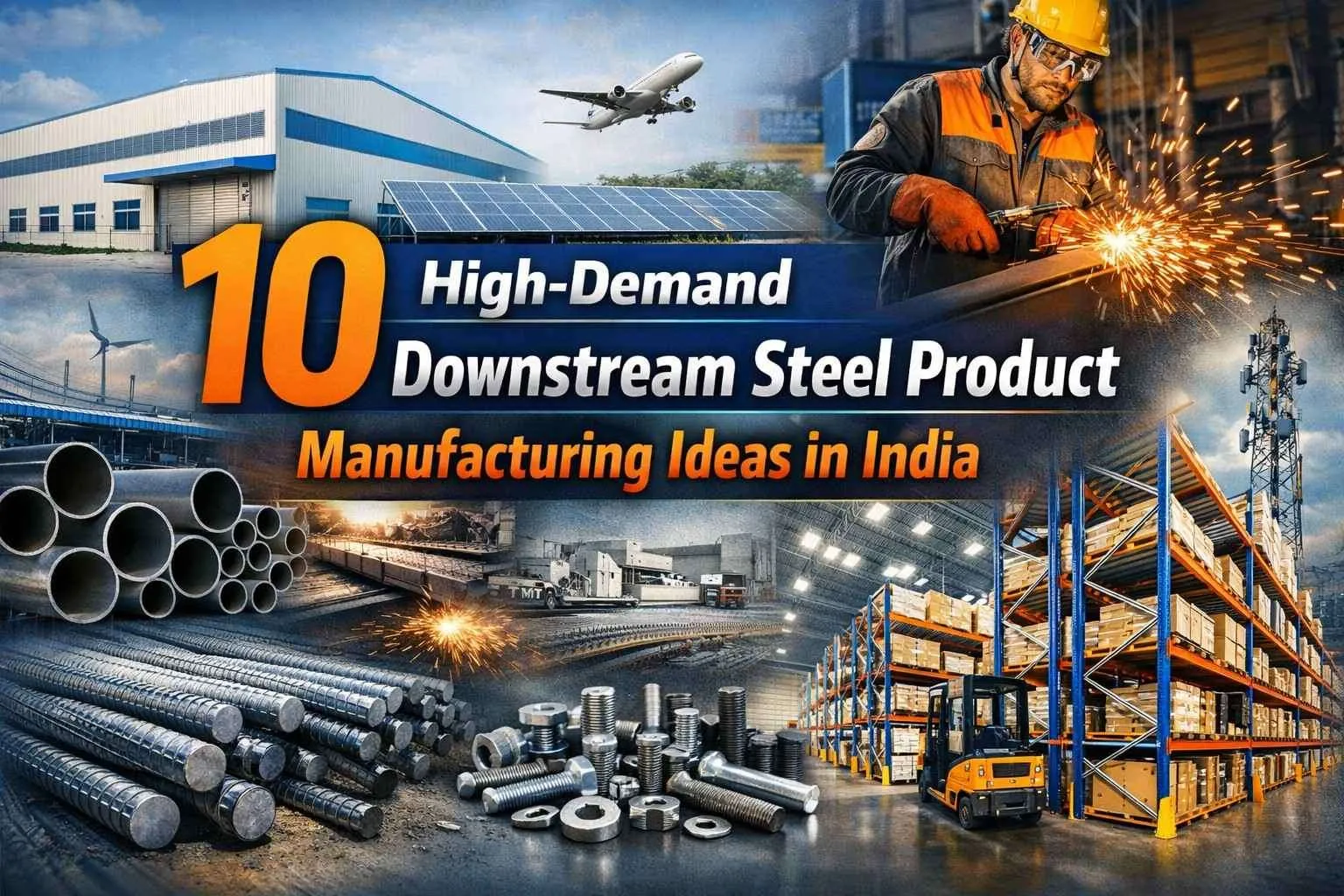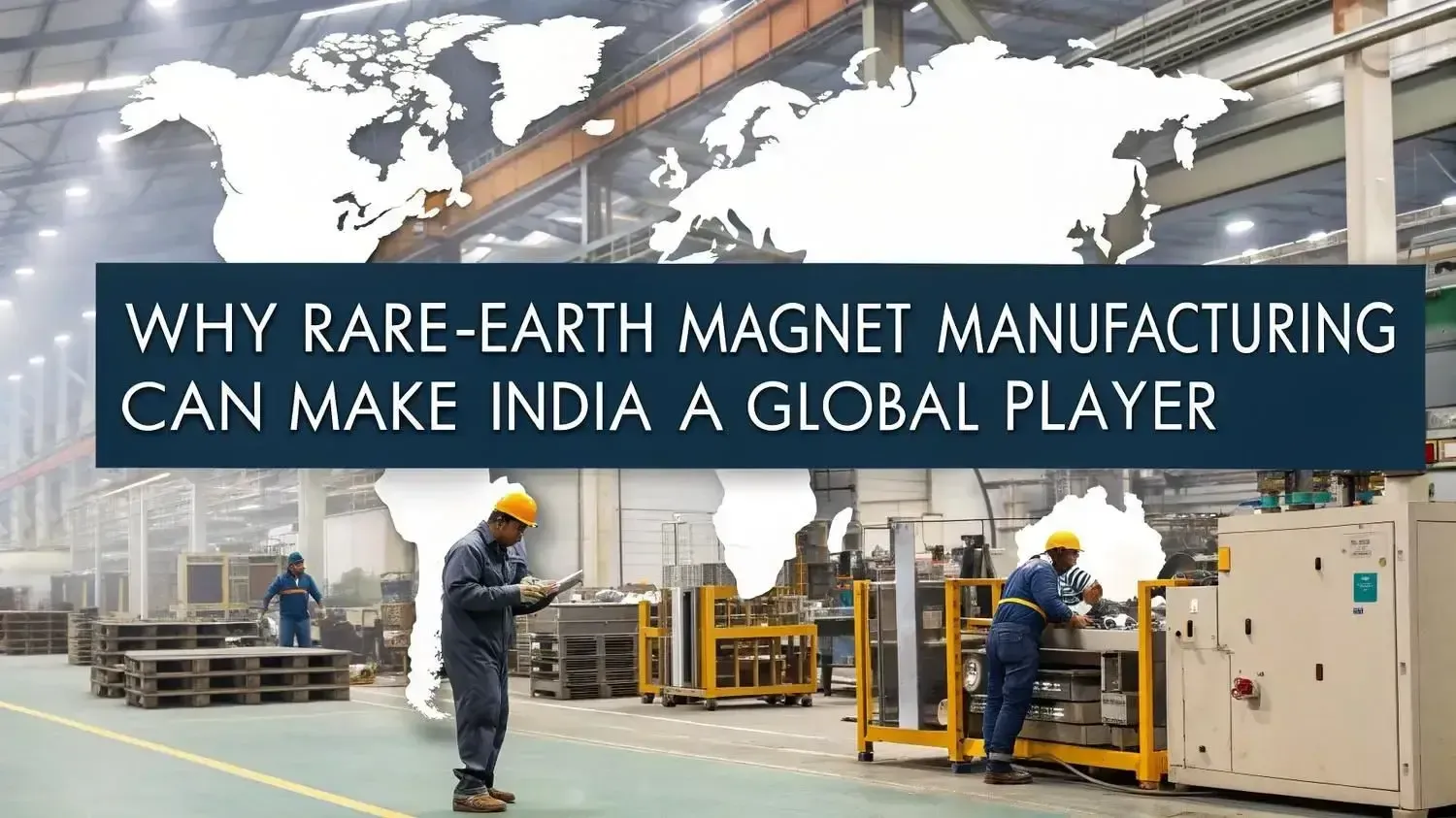The whole world today seems to lean towards sustainability and thus demanding the industries to re-evaluate their waste management systems. It was plastic recycling that had mainly ushered in the green revolution among manufacturing industries. New plastic recycling technology has set itself into the faction of these industries to use modern plastic recycling machines to convert waste into reusable materials. The three top-notch haulers mentioned below are indeed capable of revolutionizing waste management.
Contents
- 0.1 Automated Sorting Machines: Streamlining Waste Segregation
- 0.2 Shredders: Breaking Down Waste for Versatile Applications
- 0.3 Extrusion Machines: Turning Waste into Usable Products
- 0.4 Pyrolysis Machines: Transforming Plastic Waste into Fuel
- 0.5 Washing Systems: Ensuring Purity in Recycled Plastics
- 0.6 Granulators: Creating Consistent Raw Materials
- 0.7 Conclusion
- 1 Frequently Asked Question
Automated Sorting Machines: Streamlining Waste Segregation
The greatest problems for plastics recycling are usually accurate sorting. Automated sorting machines are revolutionizing the whole manufacturing industry because they use technologies such as artificial intelligence, robotics, and infrared sensors that do classify different types of plastics with efficiency. The machines would be able to identify and separate plastics based on resin codes and chemical compositions, thus practically eliminating contamination in recycled materials.
The new models incorporate optical sorters that can detect the much more complicated group of polymers that, in the past, have been extremely difficult to recycle. Such precision would guarantee conformation of the recycled plastic to quality levels assumed by manufacturers for their reconstituted material.
Automated sorting machines also represent a significant competitive advantage for manufacturers, as well as sustainability. Properly sorted waste plastics can be processed into high-value applications, thus saving the industries on raw material costs while simultaneously enabling environmental gains by maximizing the full potential of waste. Moreover, with stricter regulations around waste management, such technology will surely be an asset in maintaining compliance yet profitable.
Also Read:
Balancing your initial cost understanding with long-term gains is necessary to maximize returns. Visit EntrepreneurIndia.co for detailed reports and subject matter experts on determining equipment suited for your needs. Their sources lead businesses to cost-effective and sustainable avenues. Thus with the analysis of these variables, a manufacturing industry can therefore select sustainable means of operation with maximized profit.
Shredders: Breaking Down Waste for Versatile Applications
They use more versatile plastic recycling machines as shredders that handle bulky, big-sized plastic waste and transform these pile wastes into small shredded fragments. Shredding machines are made for industries that manufacture and use all types of plastic waste, from plastic containers to scrap material.
Both modern shredder machines are equipped with adjustable blades and a very high-powered drive so that they can shred different types of plastics, including those difficult to recycle, such as PVC and HDPE. The shredded materials known as regrind are used for manufacturing products like pipes, packaging materials, or furniture.
Shredders, in fact, help increase the environmental savings a company has while costing very little to run. After all, it is a win-win situation for all profit-making industries that wish to be eco-responsible.
Read Our Handbook:
- Medical, Municipal, and Plastic Waste Management Handbook
- Handbook on Biodegradable Plastics (Eco-Friendly Plastics)
- Modern Technology of Waste Management: Pollution Control, Recycling, Treatment & Utilization
- Bioplastics & Biodegradable Products Manufacturing Handbook
Extrusion Machines: Turning Waste into Usable Products
Extrusion machines convert waste into new materials that become raw materials for manufacture. These machines are converting broken plastics in heat and pressure, then extruding the waste into a continuous profile such as pellets, sheets, or films.
The technology has revolutionized plastic recycling. Such sophisticated machines as that, especially in advanced countries, even allow for additives in the recycling process to boost properties such as UV resistance and flexibility of recycled plastic.
Another strong advantage of modern extrusion machines is their energy efficiency. Many current models depend on renewable energy sources and limit the material losses in the recycling process. For industries, this means reduced operating costs and a lower carbon footprint.
The extrusion technology has the added advantage of scalability. Whether it is for small-scale production or for large manufacturing units, this machine can be tailor-made according to the operational capacities required, thus providing versatile solutions in the journey toward sustainable waste management.
Pyrolysis Machines: Transforming Plastic Waste into Fuel
Pyrolysis machines are raising the stakes on plastic waste recycling by transforming waste plastics into useful fuels such as diesel, gasoline, and industrial-grade oil. This very important technology has embraced two major challenges faced by manufacturing industries: waste management and alternative energy generation.
The process of pyrolysis is defining the detailed mechanism as heating plastic waste in the absence of oxygen, causing it to break down into smaller hydrocarbons. The products are extremely versatile in their applications, with pyrolysis oil ready to use or further refined to energize machinery. Gases collected from the process can also be utilized to fuel the machine itself, resulting in energy efficiency. Particular advantages of this pyrolysis technology are for non-recyclable plastics like polystyrene and multilayer plastic.
Now, the whole manufacturing industry is taking up pyrolysis for their wastes in addition to saving costs; the fuel generated can also be used to meet operational energy requirements, thus contributing towards self-sufficiency. Pyrolysis also promotes the concept of a circular economy in that it turns waste into a resource without environmental harm.
Also Read:
Yet, scalability and economics continue to be a challenge, but research is progressing in that direction, reducing the costs as well as moving nearer to developing pyrolysis machines that would prove easier and more affordable, encouraging sustainable waste management in the future.
Washing Systems: Ensuring Purity in Recycled Plastics
Never in the history of plastic recycling has anyone heard of a recycling machine that would yield high-quality output without assembling a thorough washing process. Washing systems are a prerequisite to preparing plastics for further treatments and eliminating dirt, adhesives, and remaining food residues; hence the recycled plastic meets high-end manufacturing industry standards.
Novel washing systems have a multi-stage process involving pre-washing, hot washing, and friction cleaning. They can manage many plastics, from PET bottles to HDPE containers, with minimal consumption of water and energy.
Some washing units use closed-loop water systems, thus giving them an innovative, eco-friendly technology of minimizing water wastages as well as complying with sustainability goals. Invest in washing systems, and manufacturers will improve the quality of recycled raw materials while ensuring compliance with the environment. High purities of recycled plastics have greater applications, allowing the industry to develop even more eco-friendly products.
Granulators: Creating Consistent Raw Materials
Granulators are very important machines that will tear up the plastic, making it as uniform as possible and at least as small granules that then become raw material in all kinds of factories. This is the whole being of granulators in the manufacturing industry that is really focused on sustainability.
Granulators can turn boulder stones into fine particles, contrary to shredders, which produce net coarse materials. Fine particles are more critical in industries where they require good quality input for their finished products, for example, packaging films, containers, or automobile components.
For the manufacturers, granulators add value to recycled raw materials by bringing about the uniformity and quality associated with reduced defects in the final outcome, thereby improving efficiency with profitability. Granulation technology, therefore, makes industries not only reduce the amount of plastic waste produced but also create a sustainable cycle of production, thus being a critical aspect of modern waste management systems.
Browse from that to know-how these new technologies can change the way you view waste disposal in the business. If you want expert advice on embracing sustainable practices, do visit niir.org.
Conclusion
The modern world has seen the emergence of some advanced plastic recycling machines revolutionizing the process of waste management, creating an array of innovative solutions for manufacturing industries to cut costs and their effect on the environment.
This is no longer a choice but rather a necessity in world affairs, where the adoption of such modern machinery is the key to up-to-date sustainable practices. With proper investment in the required plastic recycling machine, manufacturers can therefore reduce their carbon footprint and tap into new avenues of business in green markets.
Contact Us
Frequently Asked Question
What types of plastic recycling machines are most useful for manufacturers?
Key machines include plastic shredders, granulators, washing and separation systems, extruders, and pelletizers — each handling different stages of recycling to turn waste into reusable material.
How do plastic shredders help in waste management?
Plastic shredders break down large plastic waste into smaller pieces, making it easier to clean, sort, and process further in granulators or washing systems.
What role does an extruder play in plastic recycling?
Extruders melt and reform shredded plastic into uniform strands that can be cut into pellets, which are then used as raw material in manufacturing new plastic products.
Can small manufacturers benefit from plastic recycling machines?
Yes. Small manufacturers can start with entry-level shredders and washing units to reduce waste disposal costs, create in-house recycled material, and improve sustainability credentials.

